How did Jewish surnames appear and why are there so many German ones among them
Anton Pavlovich Chekhov also wrote that "there is no such word from which a Jewish surname could not originate." The classic was right — the variety of Jewish surnames is amazing. There are many unusual and even strange ones among them. And there are also a lot of real German surnames. How did it happen that the most Middle Eastern people have had surnames like German burghers for centuries?

We have already got used to the fact that many, if not the majority of Jews in Russia, Ukraine, Belarus and Poland has the surnames Wasserman, Rosenblatt, Weinstein, Goldwasser. They don't just sound like German, they are. The history of their appearance deserves your attention.
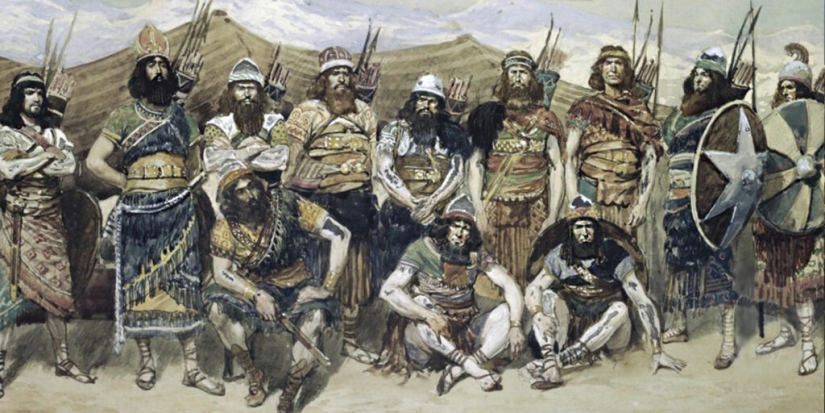
Historically, the surnames of the Jews were not very popular. In communities where people of this nationality live compactly, they almost always call each other by name and patronymic. Moses, the son of Benjamin sounds a bit old-fashioned. But it is much more respectful than just Rabinovich. And respect for each other and respect for elders is the most important part of the life of a real Jew.
In ancient times and in In the Middle Ages, Jews did not have surnames at all and called each other both by patronymic and by place of birth. The full name Solomon, the son of Joseph from Capernaum, says more about a person than any surname. Orthodox Jews still do not like surnames and do not use them in religious documents. The sons of Zion began to take surnames forcibly, in connection with Europeanization.
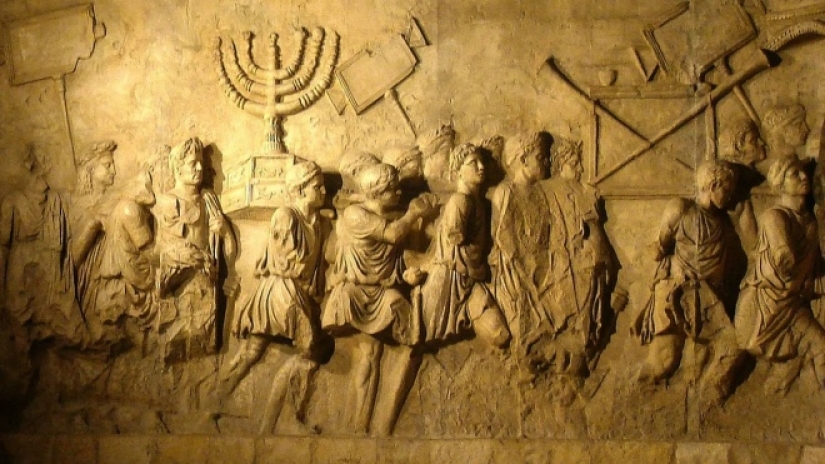
Everyone knows that in ancient times the Jews lived in Palestine. They were a restless and even warlike people. Constant civil strife and civil wars could not lead to anything good, and as a result, the promised land was captured by the Roman Empire. First, the Romans turned the Kingdom of Israel into a protectorate. But soon they completely deprived the Jews of their sovereignty, making the country their province.
The Jews could not accept this situation and in There have been uprisings in Palestine for decades. But the forces were clearly unequal and after a long struggle, the Romans still enslaved the obstinate people. But even when the unrest subsided, the life of the Jews did not become calm. Emperor Flavius Valerius Aurelius Constantine, or Constantine I the Great strongly disliked God's people.
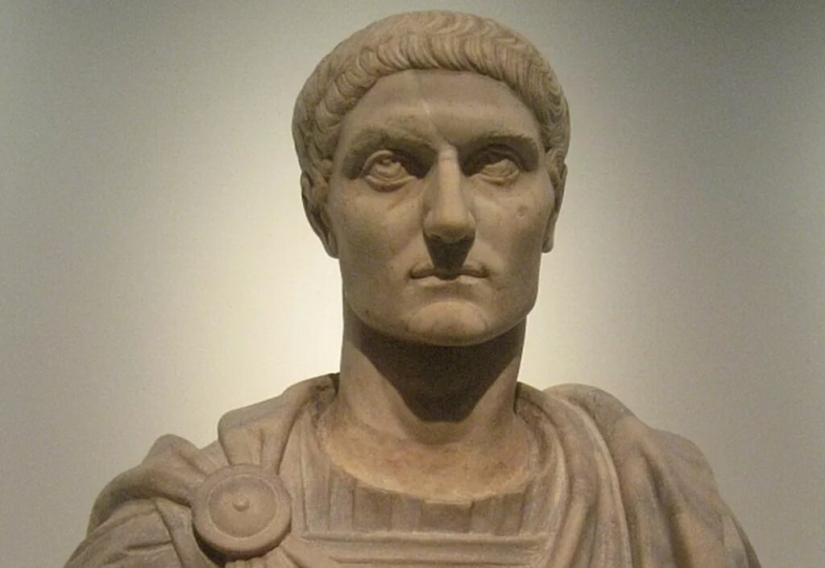
Constantine himself is known as the Christianizer of the Roman Empire. At the same time, he himself remained a pagan all his life and accepted Christianity only on his deathbed. The emperor is also known for being the first in history to organize the persecution of Jews at the state level. Pogroms and beatings led to the fact that the sons of Zion gradually began to leave their native lands.
The Jews who lost their homeland scattered around the world. Many went to Europe and settled on the banks of the Rhine. These are the very places where Germany will appear much later. It cannot be said that an idyll has come into their lives, but for some time the Jews coexisted with the local peoples relatively peacefully.
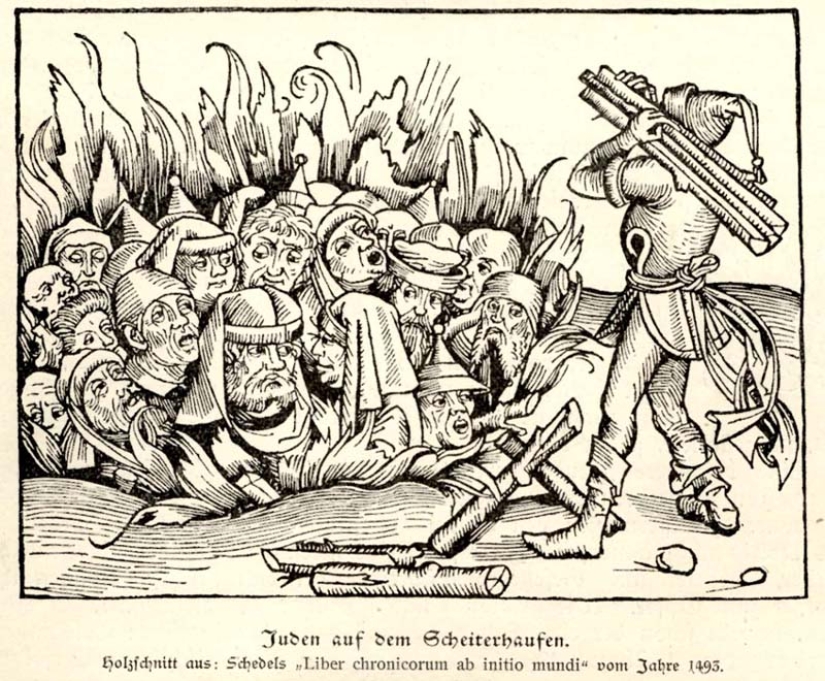
Living among people who traditionally had surnames, Jews were forced to follow their example. In German cities, they took German surnames that their neighbors understood. At first, Jews engaged in business got surnames. Merchants, innkeepers, jewelers and moneylenders who had contact with the Germans took second names for themselves. This was a forced measure, since the Germans did not use patronymics and called each other by first and last names.
Everything was almost fine until the 11th century, when Christians gathered for the First Crusade. The story that "the Jews crucified our Christ" led to a wave of persecution. The unfortunate people were again forced to leave their habitable places and go on the road. Jews left Germany en masse to the East, to Poland and The Baltic States.
The Polish—Lithuanian Commonwealth, a confederation of the Kingdom of Poland and the Grand Duchy of Lithuania, has become a refuge for a huge number of Jewish families. In the 18th century, Poland became part of the Russian Empire along with the Jewish population. In the 19th century, almost 80 percent of all Jews on the planet lived under the rule of the Russian tsar.
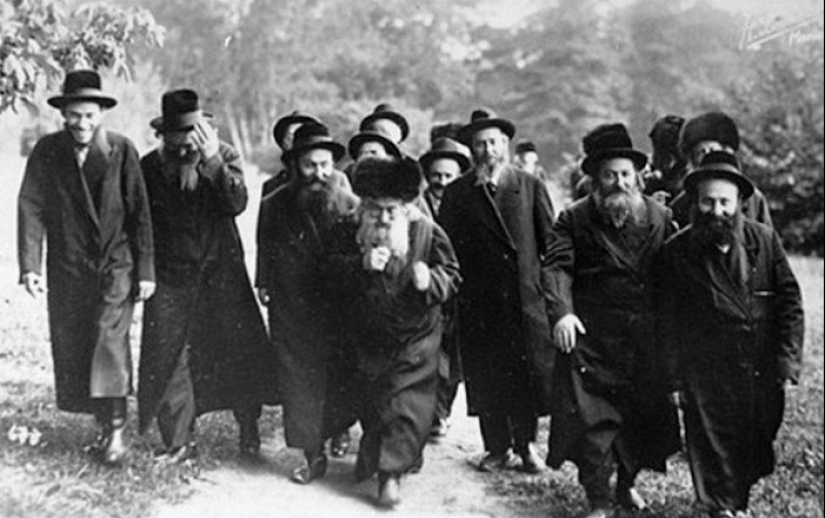
Moving from Germany to Poland, the Jews brought with them German surnames. It must be said that the Jews had a hard time living in their new homeland. Under Catherine II, the pale of settlement was introduced, limiting the departure of the Jewish population outside Ukraine and Belarus. Only the lucky owners of a special document could move freely. It was given to the chosen ones — scientists, large merchants and qualified specialists of rare professions.
It should be clarified that although there were plenty of Jewish surnames with German roots, there were others. A lot of scientific papers have been written on the topic of their education, although the mechanism for the formation of their surnames was no different from ours. You can select several groups:
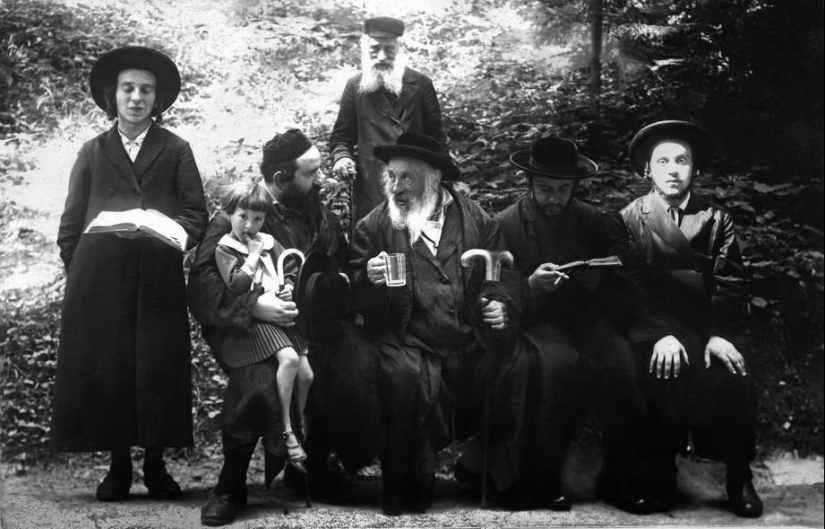
And there are also surnames that can be conditionally called decorative. They were invented by the Jews themselves, putting words in Yiddish. They also sound like German, for example, Datelboim (date tree). Yiddish is the language of European Jews, originated on the Rhine and based on Germanic dialects. That's why it sounds so "German".
Recent articles

It's high time to admit that this whole hipster idea has gone too far. The concept has become so popular that even restaurants have ...

There is a perception that people only use 10% of their brain potential. But the heroes of our review, apparently, found a way to ...

New Year's is a time to surprise and delight loved ones not only with gifts but also with a unique presentation of the holiday ...